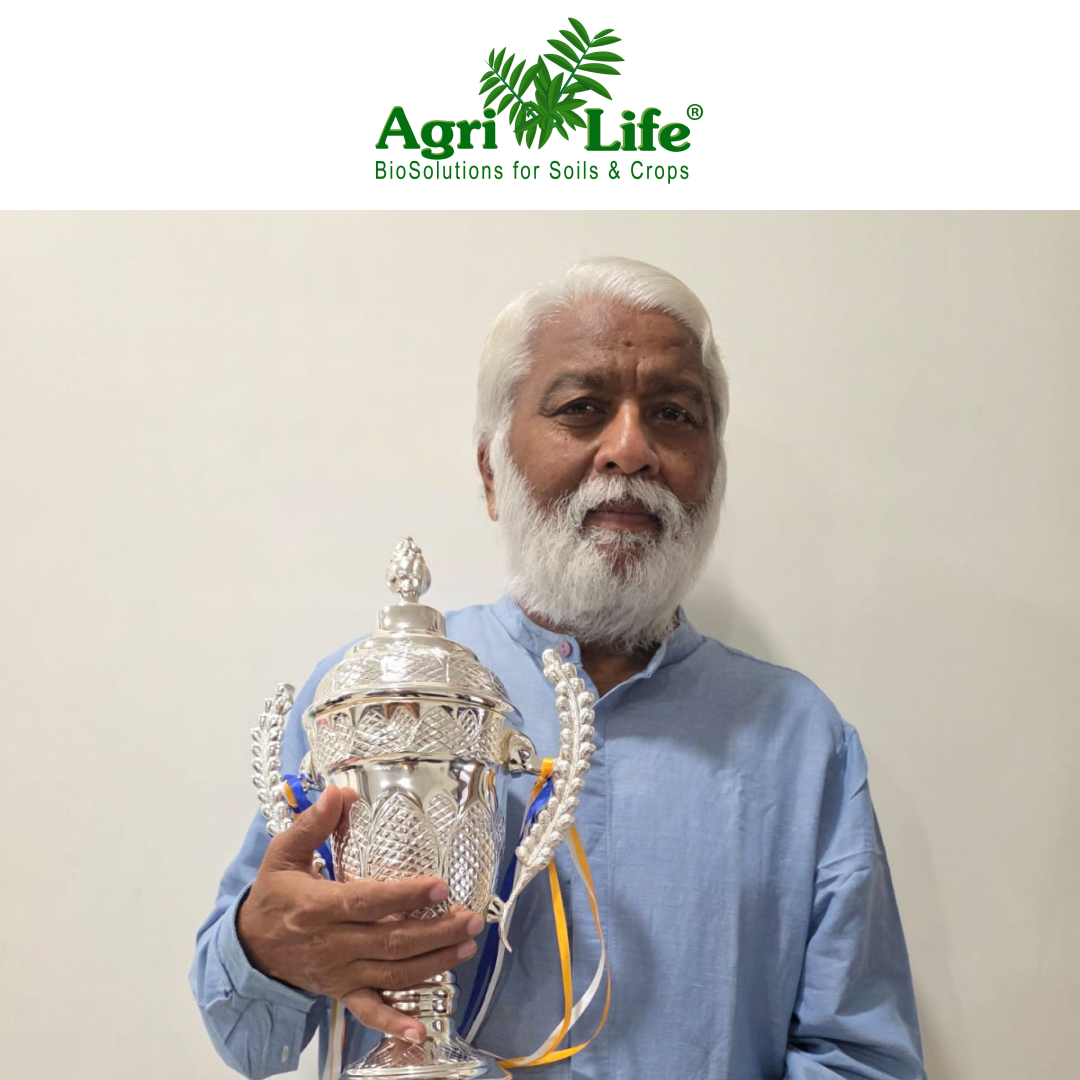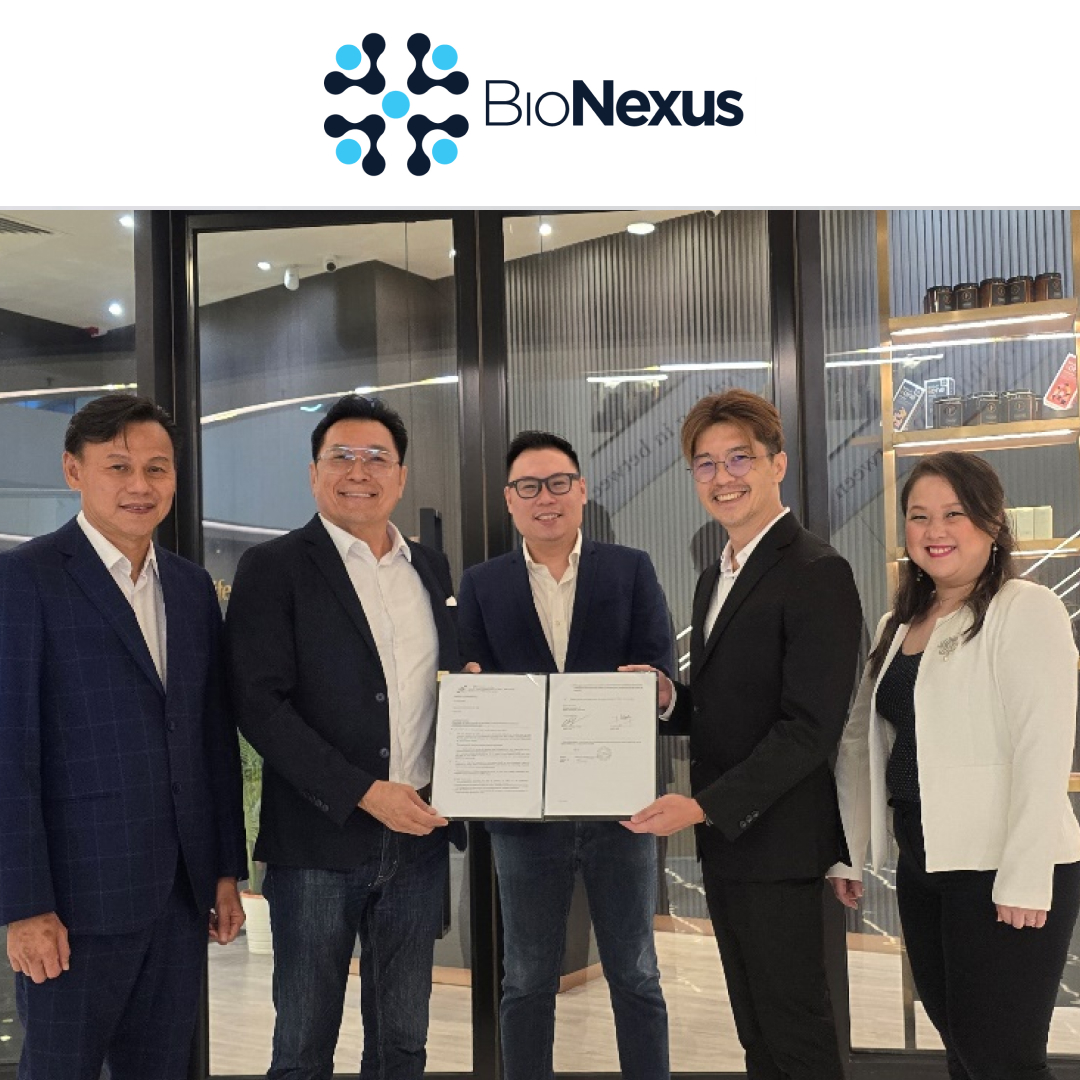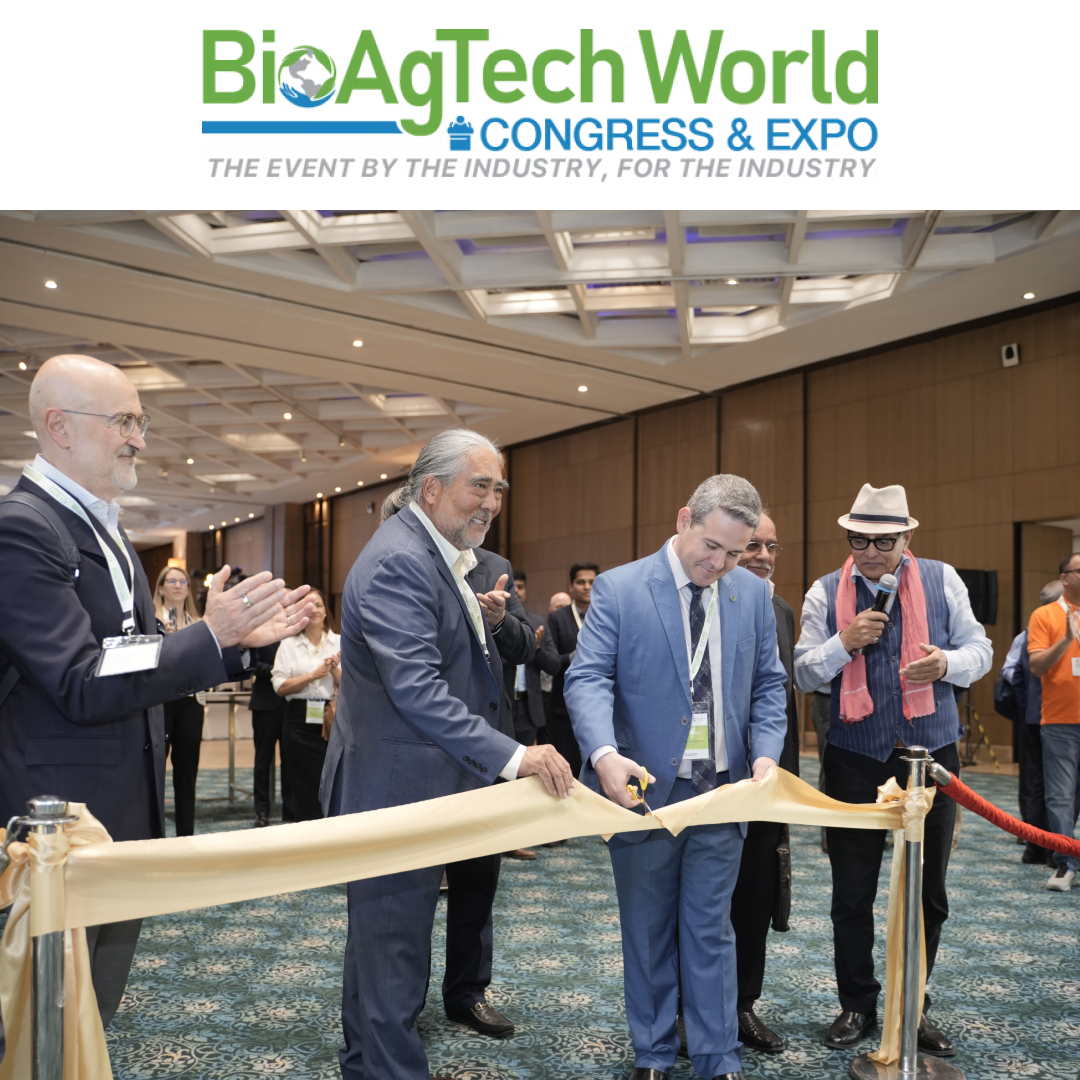Global BioAgTech Pioneering Innovation Runner-Up Award 2025: BTU
Liposam Microbial Polysaccharides Driving Agricultural Breakthroughs
In modern agriculture, there is a great need for sustainable and efficient solutions to boost plant protection, nutrition and resilience. Conventional chemical adjuvants and adhesives are effective but often pose environmental risks. They can negatively impact soil health and biodiversity.
Liposam is an innovative biological adjuvant and adhesive agent developed by BTU. It represents a breakthrough in agricultural technology. Liposam offers a natural, eco-friendly and highly effective alternative to synthetic adjuvants.
For over 25 years, BTU has pioneered sustainable agricultural technologies, harnessing the natural potential of microorganisms to protect plants, increase yields and restore soil health. From biofertilizers and biostimulants to biofungicides and bioinsecticides, the company’s solutions embody the principle that agriculture can thrive while working in harmony with nature.
One of BTU’s most remarkable innovations began with research by Valentyna Bolokhovska, the company’s co-owner and chief of R&D, conducted over four decades. During her Ph.D. studies, she investigated biopolymers, which are complex natural molecules produced by bacteria. Twenty years later, this research found a practical and transformative application in agriculture. The result was the creation of Liposam.
THE SCIENCE BEHIND LIPOSAM
Liposam is based on microbial polysaccharides, specifically exopolysaccharides produced by the bacterium Paenibacillus polymyxa. Unlike traditional adjuvants, which often rely on synthetic or petroleum-based components, Liposam forms a protective elastic network on plant surfaces, enhancing retention, absorption, and stability of active substances such as biopesticides, biofertilizers, and chemical plant protection products.
This unique formulation allows crops to retain moisture, optimize nutrient uptake, and withstand stress factors such as drought, high temperatures, and heavy rainfall. In addition to its physical film-forming properties, Liposam is of natural origin, biodegradable, and enriched with microbial metabolites that can have secondary biostimulant effects, thereby improving plant health and resilience.
KEY APPLICATIONS AND BENEFITS
- Enhancing Spray Quality: One of the primary uses of Liposam is to improve the quality of agricultural spray applications. By reducing surface tension and improving droplet spread, it ensures that protective and nutritional treatments form a uniform coating on leaves, even on challenging surfaces such as waxy or hairy foliage. Tests using water-sensitive paper clearly show that solutions containing Liposam adhere better to surfaces, ensuring more complete coverage and reducing untreated “gaps.”
- Rainfastness — Protection Against Wash-Off: Retention and adhesion studies, including simulated rainfall tests, have demonstrated Liposam’s exceptional ability to prevent the loss of active ingredients. Results have shown up to a 500 percent improvement in the retention of agrochemicals compared to control treatments. This effect is especially valuable for crops exposed to unpredictable weather, where sudden rain can otherwise wash away expensive crop protection products.
- Preventing Herbicide Leaching: Herbicides, especially soil-applied formulations, are at risk of leaching below the active soil layer during heavy rain. Liposam helps keep these active ingredients in the topsoil, where they work best. Trials in Germany in 2023, using herbicides, confirmed that Liposam improved herbicide effectiveness while also lowering phytotoxicity to crops.
- Boosting the Efficacy of Biologicals: Liposam’s benefits go beyond chemical inputs. It boosts the effectiveness of biological control agents, including bacteria and fungi. For example, in a study with the beneficial bacterium Bacillus subtilis, plants treated with both B. subtilis and Liposam showed better health and growth after simulated rain and subsequent infection with Fusarium. Similarly, Liposam has been shown to improve performance when used with fungi such as Trichoderma, Beauveria bassiana and Metarhizium anisopliae, all of which require close and durable contact with their targets to be effective.
- Improving Drought Tolerance: One of Liposam’s most valuable agronomic benefits is its ability to improve plant tolerance to water stress. Field studies in Ukraine’s arid zones (2021–2023) showed yield increases of +0.82 t/ha for corn and +0.78 t/ha for sunflower under drought conditions. Physiological measurements indicated that treated plants retained more water in their leaves and exhibited lower expression of drought stress–related genes.
- Synergy with Biofertilizers: The synergy also applies to biofertilizers. When used with phosphorus-solubilizing microorganisms (e.g., Groundfix), Liposam enhanced bacterial survival and activity. The polysaccharide matrix acted as both a protective shield against harmful UV light and a nutrient source, sustaining beneficial microbes in the soil.
- Reducing Fruit Cracking: Fruit cracking is a costly problem for growers of cherries, grapes and other sensitive crops. In trials, Liposam treatments reduced cracking in cherry varieties by 20–50 percent, depending on the hybrid. This translates into higher marketable yields and increased profitability for growers.
FIELD TRIALS, CERTIFICATION & GLOBAL ADOPTION
Liposam’s effectiveness has been validated through extensive laboratory, greenhouse, and large-scale field trials conducted across multiple climates and agricultural systems, as well as through international certifications that have facilitated its rapid market adoption.
Key Trial Results
- Retention and Adhesion Studies: Simulated rainfall tests showed up to 500 percent improved retention of agrochemicals compared to control treatments.
- Drought Tolerance Evaluation (Ukraine, 2021–2023): Yield increases of +0.82 t/ha for corn and +0.78 t/ha for sunflower in arid zones.
- Herbicide Efficiency Trials (Germany, 2023): Tests with Butisan Gold and Belkar Synero confirmed improved herbicide efficacy and reduced phytotoxicity.
- International testing, including soil herbicide application in soybeans in Brazil (2023) and micronutrient and insecticide application on corn in the Ivory Coast (2024), among others, has consistently demonstrated increased input performance and crop resilience.
Certification and Market Reach
- Approved as an adjuvant by the BVL in Germany (2021)
- Listed by FiBL for use in organic farming (2022)
- Honored with the “Global BioAgTech Pioneering Innovation Runners-Up Award” for its role as an unprecedented innovation in the BioAg industry
Today, Liposam is applied on over 2 million hectares worldwide, with active commercial adoption in Europe, Africa, South America and Asia, positioning it as a trusted solution for both conventional and organic agriculture.
Liposam represents a rare combination of scientific innovation, practical value and environmental responsibility. Born from decades of biopolymer research by Valentyna Bolokhovska and refined through rigorous field testing, it has proven its worth across multiple agricultural challenges from improving spray efficiency to protecting crops under drought stress.
By integrating biotechnology, agronomic research and sustainable farming practices, Liposam is more than a product. It is a scalable, effective and eco-friendly solution for agriculture. As global agriculture faces the dual challenge of producing more food with less environmental impact, innovations like Liposam will play a crucial role in shaping the farms of the future.







Leave a Reply